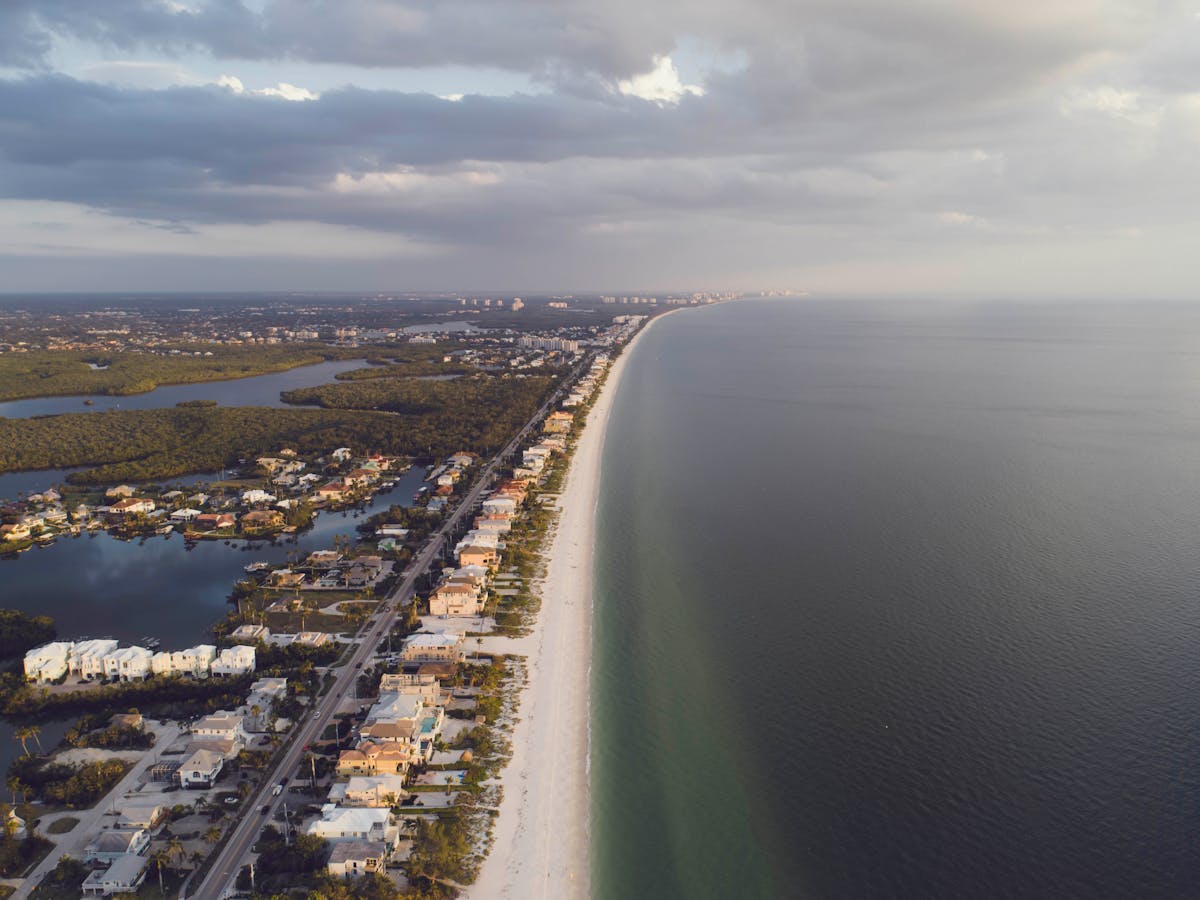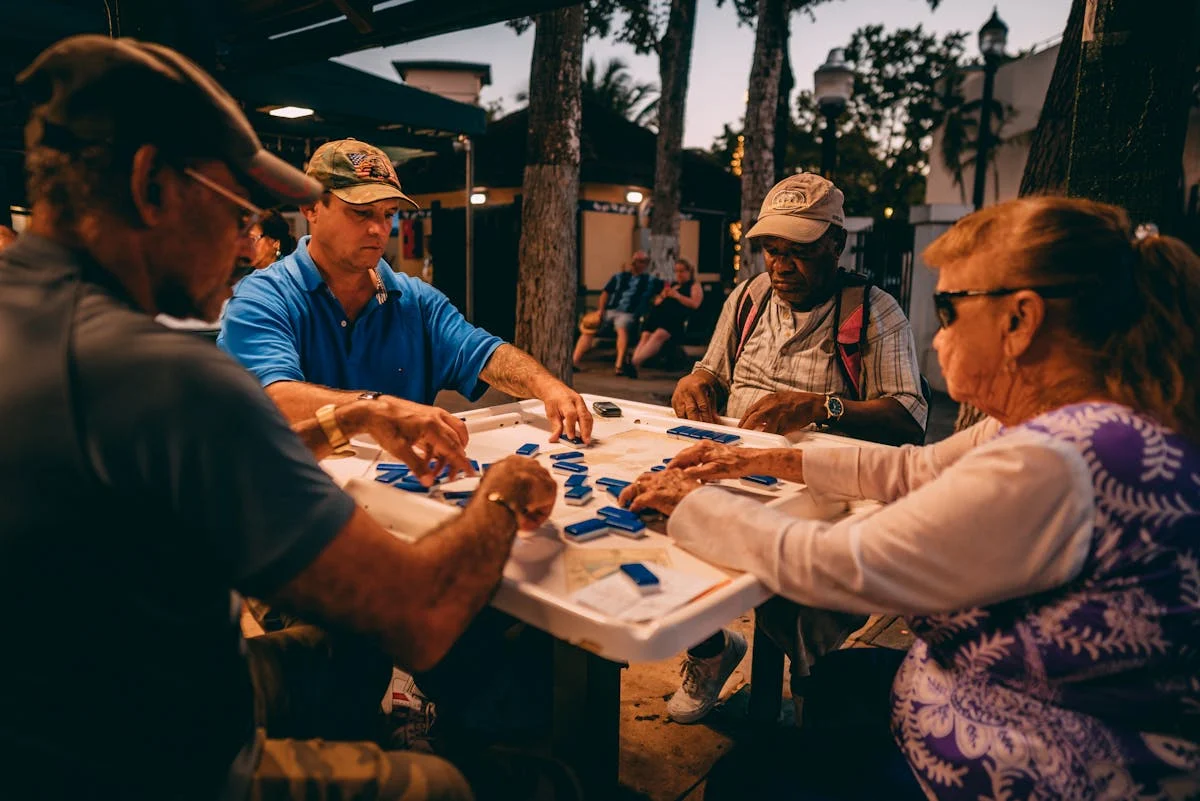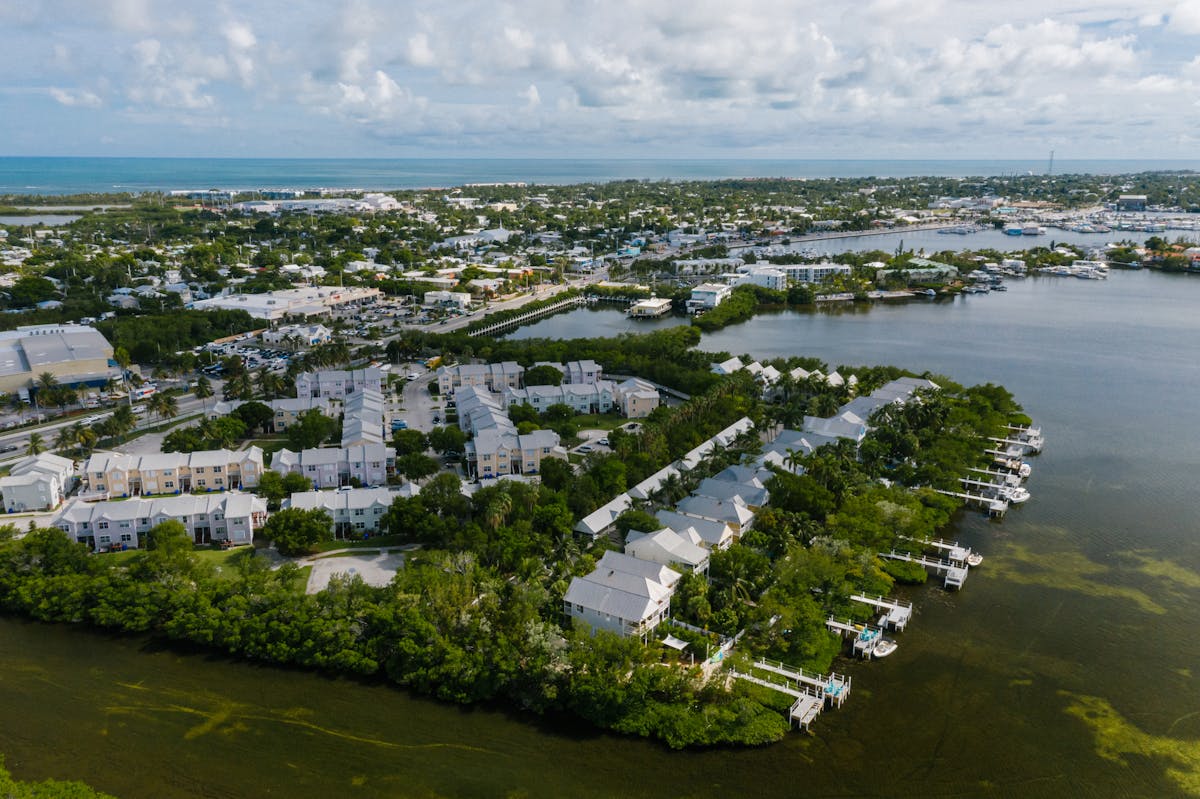Florida, the Sunshine State, is a vibrant hub not just for tourism but also for a burgeoning culinary scene. With its diverse geography, from the sun-kissed beaches to the bustling metropolitan areas, Florida offers a unique blend of flavors influenced by Latin American, Caribbean, and traditional Southern cuisines. This rich culinary landscape provides an inspiring backdrop for aspiring chefs and hospitality professionals seeking quality education. Pursuing your passion at one of the many esteemed culinary arts schools in florida can set you on a path to a dynamic and rewarding career in the food industry.
The state’s abundant natural resources, including fresh seafood from its extensive coastline and citrus from its groves, fuel local signature dishes like Key Lime Pie and Florida Stone Crab. Students enrolled in culinary arts schools in florida benefit immensely from this access to high-quality, regional ingredients, gaining hands-on experience that complements their formal training.
Florida is a state where the hospitality sector thrives, contributing billions annually to its economy and employing nearly a million people. This robust industry means ample opportunities for graduates from culinary arts schools in florida. Whether your dream is to work in a high-end resort restaurant, manage a bustling cafe, or open your own culinary venture, Florida provides a fertile ground for growth and employment in the culinary and hospitality fields. The connection between top-tier culinary education and a strong local industry makes Florida an attractive destination for serious culinary students.
Why Choose Culinary Arts Schools in Florida?
Opting for culinary arts schools in florida places you at the intersection of diverse cultural influences and a booming hospitality market. Florida’s culinary identity is a fascinating mosaic. Miami pulses with Cuban and Latin American energy, influencing everything from street food to fine dining. North Florida retains strong ties to classic Southern cooking traditions, while coastal areas celebrate fresh seafood in myriad ways. Studying here allows you to explore this variety firsthand.
What to Eat in Fort Worth – A Culinary Deep Dive
11 Must-Visit places to go in nevada for Your 2025 Trip
12 Unforgettable Fun Things to Do in Vegas for Couples
Many culinary arts schools in florida integrate local flavors and techniques into their curriculum. This exposure is invaluable, teaching students not just classic culinary techniques but also how to adapt and innovate with regional ingredients and styles. Learning about tropical fruits, fresh catches, and diverse spices becomes part of the educational journey, adding depth and authenticity to your culinary skills.
The state’s status as a major tourist destination also means a constant demand for skilled culinary professionals. Resorts, hotels, cruise lines, and diverse restaurants are always seeking talented chefs, bakers, pastry artists, and kitchen managers. Graduates from reputable culinary arts schools in florida are well-positioned to step into these roles, often leveraging relationships built during externships or school-sponsored events.
Types of Culinary Arts Schools in Florida
Aspiring culinary professionals have a variety of options when considering culinary arts schools in florida. These institutions offer different levels of education, from short certificate programs providing foundational skills to associate’s and bachelor’s degrees offering comprehensive training in culinary arts, baking and pastry, or even culinary management.
Private culinary institutes often focus intensely on classic techniques and specific cuisines, providing immersive, fast-paced learning environments. Community colleges and technical centers in Florida also offer excellent culinary programs, frequently providing more accessible tuition rates and strong connections to local employers. Universities may offer four-year degrees that combine culinary training with broader business or hospitality management education.
Choosing the right program depends on your career goals, desired pace of learning, and financial considerations. Exploring the curriculum, faculty credentials, facility quality, and career services offered by different culinary arts schools in florida is crucial.

Notable Culinary Arts Schools in Florida
Florida is home to numerous institutions offering high-quality culinary education. These range from internationally recognized names to respected local colleges, each contributing to the state’s culinary workforce. Below is a selection of some prominent culinary arts schools in florida and colleges offering relevant programs.
Some well-known private culinary schools with a presence in Florida include:
- International Culinary Schools at the Art Institutes: With campuses previously in Fort Lauderdale, Jacksonville, and Tampa, these schools offered various degree and diploma programs emphasizing international cuisine and classic French techniques. Note: Availability of these campuses should be verified as institution status can change.
- Le Cordon Bleu College of Culinary Arts: Located in Miami (and previously Orlando), this renowned institution provides intensive training based on classic French culinary and pastry methods, highly respected worldwide.
- Florida Culinary Institute: Situated in West Palm Beach, this school offered focused programs designed to prepare students for careers in culinary arts, baking, pastry, and management. Note: Availability should be verified.
- Johnson and Wales University: The North Miami campus of this career-focused university has a strong reputation for producing culinary and hospitality leaders, offering degrees in Culinary Arts and Baking & Pastry Arts combined with management training.
In addition to these, many state colleges, community colleges, and technical centers throughout Florida offer excellent culinary, restaurant management, and hospitality degrees and certificates. These institutions are often integral parts of their local communities and provide valuable pipelines to regional employment. Examples include:
- Atlantic Technical College
- Florida State College At Jacksonville
- Gulf Coast State College
- Hillsborough Community College
- Keiser University Center for Culinary Arts (multiple campuses)
- Lake Technical College
- McFatter Technical College
- Orange Technical College (multiple campuses)
- Pensacola State College
- Pinellas Technical College
- Sheridan Technical College
- Suncoast Technical College
- Various other technical centers and community colleges listed in the original source, offering diverse programs from commercial foods to culinary management.
These institutions provide varying program lengths and focuses, allowing students to find a path that aligns with their interests, whether that’s mastering specific techniques, gaining management skills, or getting hands-on job training quickly.

Professional Organizations and Events
Becoming part of the culinary community is essential for students at culinary arts schools in florida. Joining professional organizations offers networking opportunities, educational resources, and career support. The American Culinary Federation (ACF) has chapters like the ACF Gulf to Lakes Chefs Association, focusing on education, certification, and professional development. The Florida Restaurant and Lodging Association is another key body promoting and protecting the hospitality industry’s interests.
Florida’s vibrant food scene is also celebrated through numerous festivals and trade shows throughout the year. Events like the Florida Winefest, WineQuest, Florida Keys Seafood Festival, and the South Beach Wine and Food Festival provide incredible opportunities for students from culinary arts schools in florida to experience regional cuisine, learn from acclaimed chefs, observe industry trends, and network with potential employers and peers. These festivals are living classrooms, showcasing the creativity and passion that drives the state’s food culture.
Attending trade shows, such as the Florida Restaurant and Lodging Show, allows students to understand the supply side of the industry, from equipment to ingredients, providing a comprehensive view of the culinary business landscape. Engaging with these events is a proactive step towards building a successful career after graduating from culinary arts schools in florida.
Career Outlook and Job Placement
Graduates from culinary arts schools in florida enter a competitive but opportunity-rich job market. Major metropolitan areas like Miami, Orlando, and Tampa-St. Pete are hotspots for culinary employment, boasting a high concentration of restaurants, hotels, and resorts. The demand for skilled chefs, cooks, bakers, and managers remains consistent.
Reputable culinary arts schools in florida understand the importance of job placement and often provide resources such as career services, job boards, and alumni networks. Internships and externships are invaluable components of many programs, offering real-world experience and allowing students to build connections within the industry before graduation. Some schools operate student-run restaurants, providing hands-on practice in a supervised environment.

When choosing among culinary arts schools in florida, inquire about their career support services and placement rates. Training under experienced chef-instructors who have strong industry ties can also provide a significant advantage, potentially opening doors to desirable positions upon completion of your program.
Guidance from experienced instructors is a hallmark of quality culinary arts schools in florida.
ACF Accredited Culinary Arts Programs in Florida
Accreditation by organizations like the American Culinary Federation (ACF) signifies that a culinary program meets rigorous educational standards, preparing students for professional certification and successful careers. Several culinary arts schools in florida offer ACF-accredited programs at both postsecondary and secondary levels.
Postsecondary ACF Accredited Programs:
- Atlantic Technical College: Certificate in Commercial Foods and Culinary Arts
- Florida State College At Jacksonville: Associate Degree in Culinary Management, Certificate in Hospitality and Culinary Arts
- Florida Technical College: Baking and Pasteleria Diploma, Culinary Arts Diploma
- Gulf Coast State College: AS Degree in Culinary Management
- Hillsborough Community College: AAS Degree in Restaurant Management, AS Degree in Culinary Management
- Keiser University Center for Culinary Arts (Sarasota, Tallahassee, Melbourne): AS Degree Baking & Pastry, AS Degree in Culinary Arts
- Lake Technical College: Certificate in Commercial Foods and Culinary Arts
- McFatter Technical College: Certificate in Commercial Foods and Culinary Arts
- Orange Technical College – Mid Florida Campus: Commercial Foods and Culinary Arts Certificate
- Orange Technical College – Westside Campus: Commercial Foods and Culinary Arts Certificate
- Pensacola State College: AS Degree in Culinary Management, Certificate in Culinary Arts
- Pinellas Technical College – Clearwater Campus: Certificate in Commercial Foods and Culinary Arts
- Sheridan Technical College: Certificate in Commercial Foods and Culinary Arts
- Suncoast Technical College: Certificate in Commercial Foods and Culinary Arts
- The International Culinary School At The Art Institute of Tampa: AA Degree in Baking and Pastry, AA Degree in Culinary Arts, BS Degree in Culinary Management Note: Verify current status.
Secondary ACF Accredited Programs:
- Jacobson Culinary Arts Academy (Tarpon Springs High School)
- McFatter Technical High School
- Sheridan Technical High School
- The Villages High School (Programs in Baking and Pastry, Culinary Arts)
Choosing an accredited program can provide added assurance of quality education and potentially smoother pathways to professional certifications recognized across the industry.
Frequently Asked Questions About Culinary Arts Schools in Florida
Q: What types of degrees or certificates can I get from culinary arts schools in Florida?
A: Culinary arts schools in florida offer a range of programs, including certificates (providing foundational skills for entry-level positions), diplomas (often focused on specific areas like culinary arts or pastry), associate degrees (providing comprehensive training in culinary arts or management), and bachelor’s degrees (often combining culinary skills with business or hospitality management).
Q: How long does it take to complete a culinary program in Florida?
A: The duration varies significantly by program type and school. Certificate programs might take anywhere from a few months to a year. Diploma and associate degree programs typically range from 15 to 24 months. Bachelor’s degrees usually take four years of full-time study.
Q: Are there job opportunities in Florida after graduating from culinary school?
A: Yes, Florida has a robust hospitality and tourism industry, offering numerous job opportunities for culinary graduates. Employment is available in restaurants, hotels, resorts, catering companies, cruise lines, and institutional food service throughout the state, particularly in major metropolitan and tourist areas.
Q: What is ACF accreditation and why is it important?
A: ACF (American Culinary Federation) accreditation means a culinary program meets national standards for quality and comprehensive culinary education. Graduating from an ACF-accredited program can enhance your resume, provide pathways to ACF certification, and is often recognized and respected by employers in the culinary industry.
Q: What should I look for when choosing among culinary arts schools in Florida?
A: Consider factors such as the school’s accreditation, the types of programs offered, the curriculum (does it match your interests?), faculty experience, facility quality, class size, cost of tuition, location, internship or externship opportunities, career services, and job placement rates. Visiting campuses or attending information sessions can also be very helpful.

